「おみせやさんごっこ」から広がる未来へ
- ニュース
- 保育事業
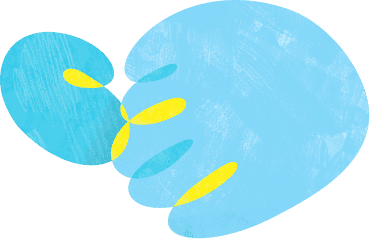
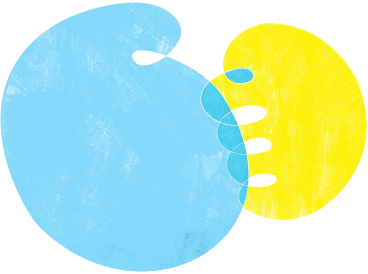
社会福祉法人檸檬会は、株式会社FPパートナーと共同で『社会体験版「おみせやさんごっこ」』という幼児期向けの金融教育プログラムを開発しました。檸檬会が運営する「レイモンドほいくえん」では、このプログラムを通して、子どもたちが楽しみながら金融に触れる機会を設けています。
この取り組みに関する発表がOMEP※で受理され、 金融教育プログラムを監修した副理事長の青木が、イタリア・ボローニャで口頭発表を行うことになりました!
本日から全7回にわたり、金融教育プログラムに挑んだきっかけから、イタリア訪問、スピーチ後の感想までを連載シリーズ化してお届けします!
この連載を通して、子どもたちの“日常の遊び”がもつ学びの可能性を伝えるとともに、未来につながる実践モデルとして社会に共有し、保育・教育に関わるすべての方とその価値をともに育んでいくきっかけになれればと考えています。どうぞ最後までお見逃しなく。
※OMEP(世界幼児教育・保育機構)とは…
世界中の幼児教育や保育の質向上を目指す国際的な団体。1948年に設立され、ユネスコとも連携しながら、子どもの権利や早期教育の推進に取り組んでいます。
第1回:「おみせやさんごっこ」は、もう“金融教育”だった -檸檬会が幼児期の金融教育に挑んだきっかけ-
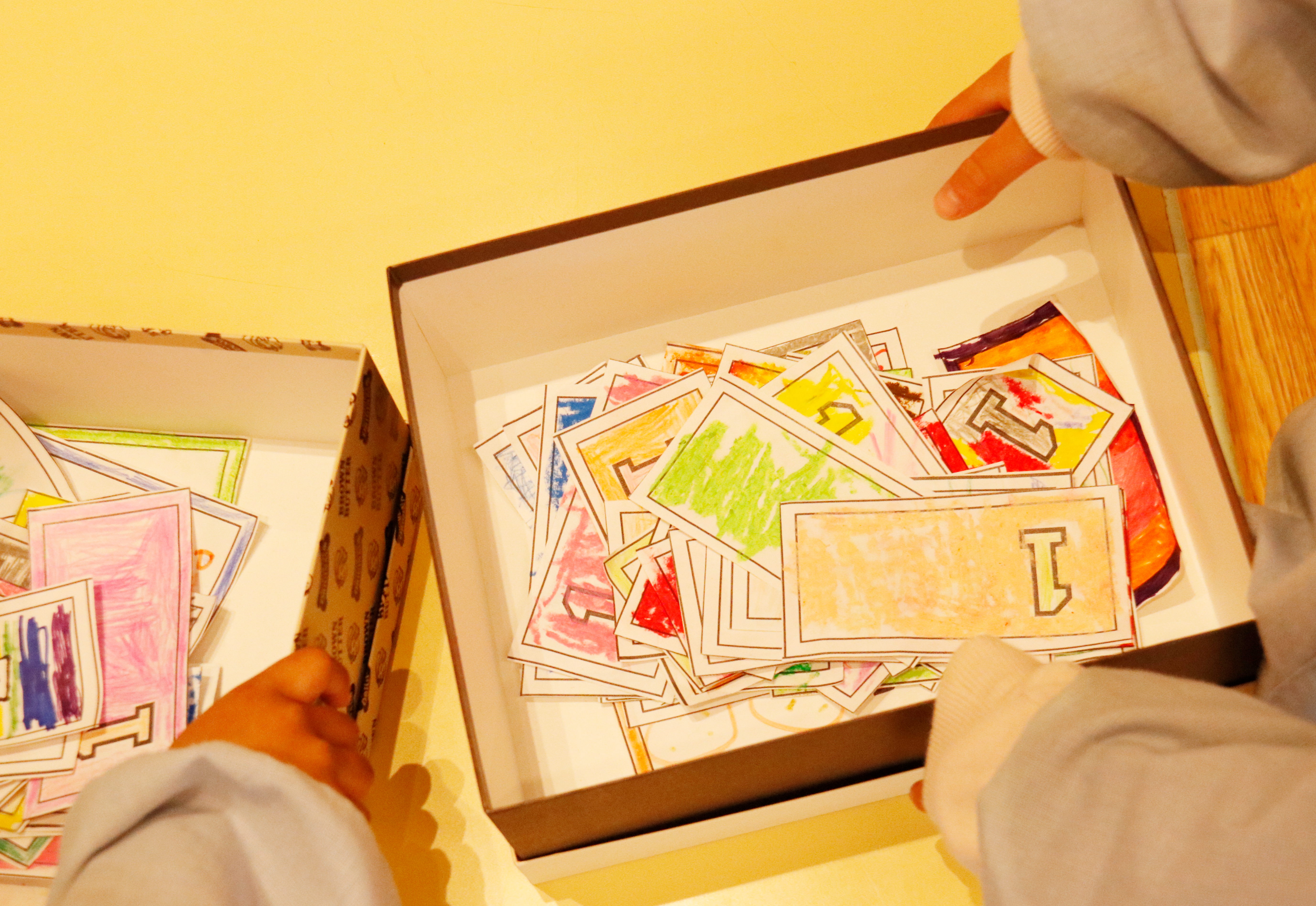
4年前の2021年、ある出会いがきっかけでした。
「幼児期の金融教育について、意見を聞かせてほしい」と私たちを訪ねてくださったのは、「マネードクター」でお馴染みのFPパートナーさん。
この時既に小学生以上を対象とした金融教育プログラムを持っておられたFPパートナーさんは、「次は幼児期のプログラムをつくりたい」と、熱意を持って話してくださいました。
正直に言えば、最初の私の反応は、
「幼児期に、金融教育……?ちょっと馴染みにくいかも」と半歩引いたものでした。
「おみせやさんごっこ」にヒントがあった
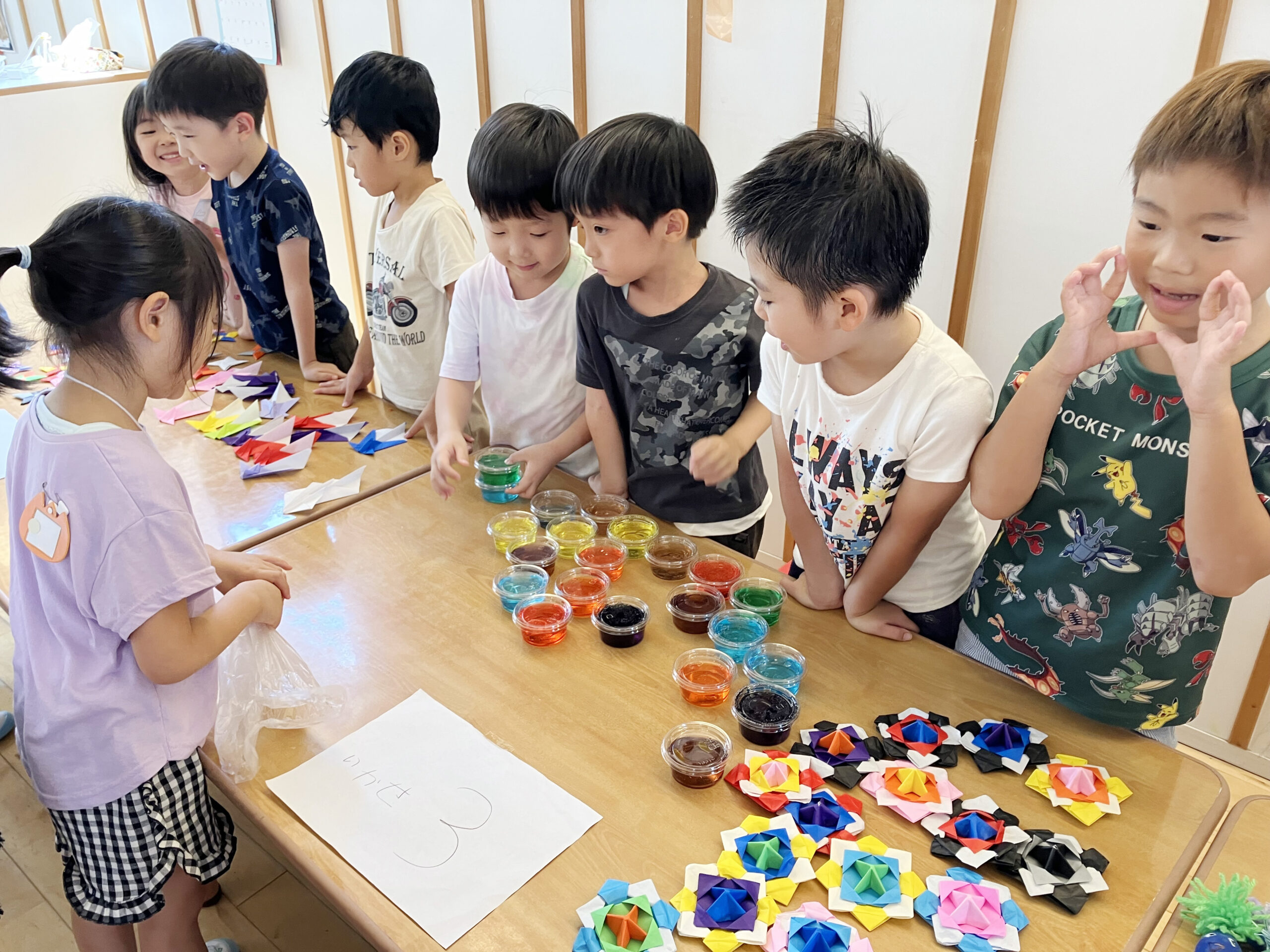
ですが、ふと立ち止まって思い返してみたのです。
保育現場では、どの園でも子どもたちが「おみせやさんごっこ」に夢中になりますよね。
食べ物を作って売ったり、店員さんとお客さんとのやり取りをまねっこしたり……。
その体験の中には、まぎれもなく「お金のやりとり」や「価値の交換」という経済の原点が息づいているなと。
つまり、すでにそれらは金融教育の一部ではないかと思ったわけです。
タブーの向こう側へ
日本ではお金について話すことを「はしたない」と捉える面がまだ根強くあり、金融教育が広まりにくい要因にもなっています。
それは性教育と似ています。
また、「ちゃんと学んでこなかったから、どう伝えたらいいのかわからない」という大人側の不安も、背景にあるのかもしれません(これも性教育と似ています)。
私たち檸檬会は、「幼児期の性教育のガイドライン」「幼児期のICT活用のガイドライン」など、これまでも「語られにくいけれど、語るべきテーマ」「分からないから始められていないテーマ」に向き合ってきました。
ならば、幼児期の金融教育にも道しるべをつくろう、と思ったのです。
幼児期だからこそ、できること
しかし、金融教育といっても、幼児期ならではのアプローチが必要です。
たとえば「ものを買う」「やりとりをする」「分け合う」「ためる」「えらぶ」といった行為を通して、価値や選択、そして社会との関係性を考える素地が育まれます。
SDGsが掲げる「経済・社会・環境」の3つの柱のうち、金融教育は間違いなく「経済」の根幹を支えます。
幼児期は価値観や行動規範の土台が築かれる、大切な時期。
だからこそ、この時期に経済を考える入口を準備することは、持続可能な社会を作っていく上でとっても大きな意義があるはずです。
社会に開かれた保育を
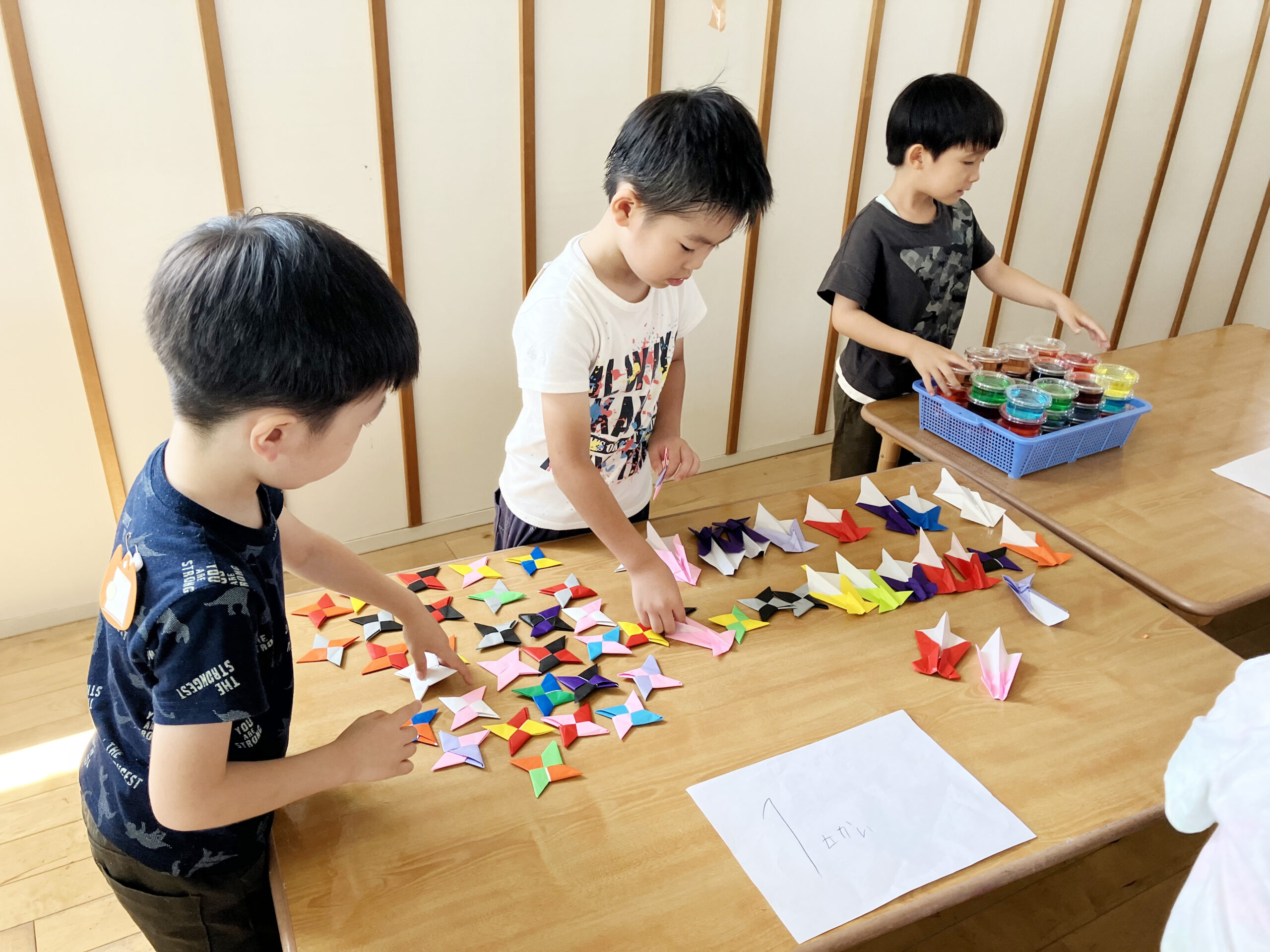
「こんな挑戦、檸檬会だからできると思うんです」
そうパートナー(職員)に言ってもらえたことが、今も胸に残っています。
『教育の可能性を広げ、社会に貢献する。』
それが私たち檸檬会の使命であり、喜びでもあります。
こうして、「幼児期の金融教育を、おみせやさんごっこから始める」という共同プロジェクトが、静かに、しかし確かに動き始めたのです。
次回は、どのようにしてこのプログラムが形になっていったのか、その開発ストーリー。
お楽しみに。
▶︎Story2:「おみせやさんごっこ」から広がる未来へ 〜幼児期だからこそ届けたい、金融プログラム設計とガイドラインづくり〜
▶︎Story3:「おみせやさんごっこ」から広がる未来へ 〜 “お金博士” との始まりの一歩と、試行錯誤のリアルについて〜
In English
Toward the Future, Starting from a Little Shop
The Social Welfare Corporation Lemonkai, in collaboration with FP Partner Co., Ltd., has developed a financial education program for early childhood. “Real-World Roleplay: Running a Shop.”
At the Leimond Nursery Schools operated by Lemonkai, this program provides young children with joyful and hands-on opportunities to explore basic financial concepts through play.
We are proud to announce that this initiative has been accepted for presentation at ※OMEP (World Organization for Early Childhood Education), and that our Vice Chairperson, Mr.Aoki Kazunaga, who supervised the development of the program, will be delivering an oral presentation in Bologna, Italy!
Starting today, we are launching a seven-part series exploring this journey—from the inspiration behind creating this financial education program, to our visit to Italy, and reflections after the presentation.
Through this series, we hope to share the rich learning potential embedded in children’s everyday play and to present this initiative as a sustainable model for early childhood practice—one that can inspire and resonate with educators, caregivers, and communities around the world.
We warmly invite you to follow along until the final chapter.
※About OMEP (World Organization for Early Childhood Education and Care)
OMEP is an international organization established in 1948 to improve the quality of early childhood education and care around the world, working in collaboration with UNESCO to promote children’s rights and early education.
Part 1: “Let’s Run a Shop” was Already Financial Education — What Inspired Lemonkai to Take on Early Childhood Financial Literacy
It all began four years ago, in 2021, with a meaningful encounter.
It was FP Partner Co., Ltd., widely known for their “Money Doctor” service, who visited us with a request:
“We’d like to hear your thoughts on financial education in early childhood.”
At the time, FP Partner already had a financial education program in place for elementary-aged children.They spoke to us with great enthusiasm, saying, “Now we want to create a program for early childhood as well.”
Honestly, my initial reaction was, “Financial education for young children…? I’m not sure it fits.” I hesitated at first.
We Found the Clue in “Let’s Run a Shop”
One day, I paused and looked back.
In early childhood settings, no matter the nursery or preschool, children everywhere are completely absorbed in playing shop.
They love making pretend food, selling it, and acting out the roles of shopkeepers and customers. And within those playful experiences, I realized something important—
there is already a strong sense of money exchange and the trading of value.
In other words, these activities are already a form of financial education in themselves.
Beyond Taboos
In Japan, there is still a deep-rooted cultural tendency to consider talking about money as “improper” or even shameful.
This perception is one of the key reasons why financial education has yet to gain widespread acceptance. In that sense, it is very similar to how sex education has long been treated.
Another reason may be the anxiety many adults feel:
“I never learned about this properly myself, so I don’t know how to teach it to children.”
This hesitation, too, resembles the challenges surrounding sex education.
At Lemonkai, we have made it our mission to face the kinds of topics that are often left unspoken, but should be spoken about.
We have developed initiatives such as the “Guidelines for Early Childhood Sex Education” and the “Guidelines for ICT Use in Early Childhood.”
These are examples of themes that remain untouched, not because they are unimportant, but simply because people don’t yet know how to begin.
That’s why we decided:Let’s create a roadmap for financial education in early childhood, too.
What Only Early Childhood Can Offer
Of course, financial education in early childhood requires a unique, age-appropriate approach.
Through simple daily experiences—buying, exchanging, sharing, saving, and choosing—
Children begin to develop the foundations for thinking about value, choice, and their relationships with others in society.
Among the three pillars of the Sustainable Development Goals (SDGs)—economy, society, and environment—
Financial education plays a vital role in supporting the foundation of the economy.
Early childhood is a critical stage when values, habits, and social norms are beginning to take shape.
That is precisely why creating an entry point to thinking about the economy during this time is deeply meaningful and essential for building a more sustainable society.
Opening Early Childhood Education to Society
“This kind of challenge—only Lemonkai could take it on.”
These words, spoken by one of our staff members, still remain deeply in my heart.
At Lemonkai, we believe that our mission—and our greatest joy—is to expand the possibilities of education and contribute to society.
And so, with quiet determination and a shared vision, our collaborative project to begin financial education in early childhood through “Let’s Run a Shop” roleplay took its first meaningful steps forward.
In our next article, we’ll share the story behind how this program came to life—from ideas to actual practice.